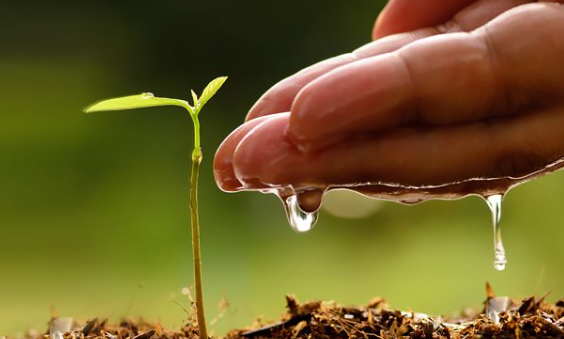In the metro Detroit area, you can consider planting the following tree species for clean air and long-term benefits:
- Red Oak (Quercus rubra): Red oaks are native to the region and are known for their strong wood, longevity, and ability to sequester carbon dioxide. They provide ample shade and contribute to cleaner air.
- White Pine (Pinus strobus): White pines are tall conifers that are well-suited for the climate in metro Detroit. They have soft needles and are effective at capturing pollutants from the air while releasing oxygen.
- Sugar Maple (Acer saccharum): Sugar maples are native deciduous trees that thrive in the area. They have vibrant foliage and are excellent oxygen producers. Additionally, they help filter pollutants from the air.
- Eastern Red Cedar (Juniperus virginiana): Eastern red cedars are hardy evergreen trees that can tolerate a variety of soil conditions. They help capture pollutants and provide habitat for birds and other wildlife.
- Paper Birch (Betula papyrifera): Paper birches are attractive trees with white bark and delicate leaves. They adapt well to the climate in metro Detroit and help filter pollutants while releasing oxygen.
- Hackberry (Celtis occidentalis): Hackberry trees are native to the area and are known for their adaptability. They have an impressive lifespan and effectively capture pollutants from the air.
- Tulip Tree (Liriodendron tulipifera): Tulip trees, also known as yellow poplars, have large, distinctive leaves and beautiful flowers. They are well-suited for the climate in metro Detroit and provide clean air benefits.
These tree species are well-suited to the climate and conditions in the metro Detroit area. However, it’s always advisable to consult with local arborists or horticultural experts to determine the best tree species based on specific site conditions and any local regulations or guidelines.


